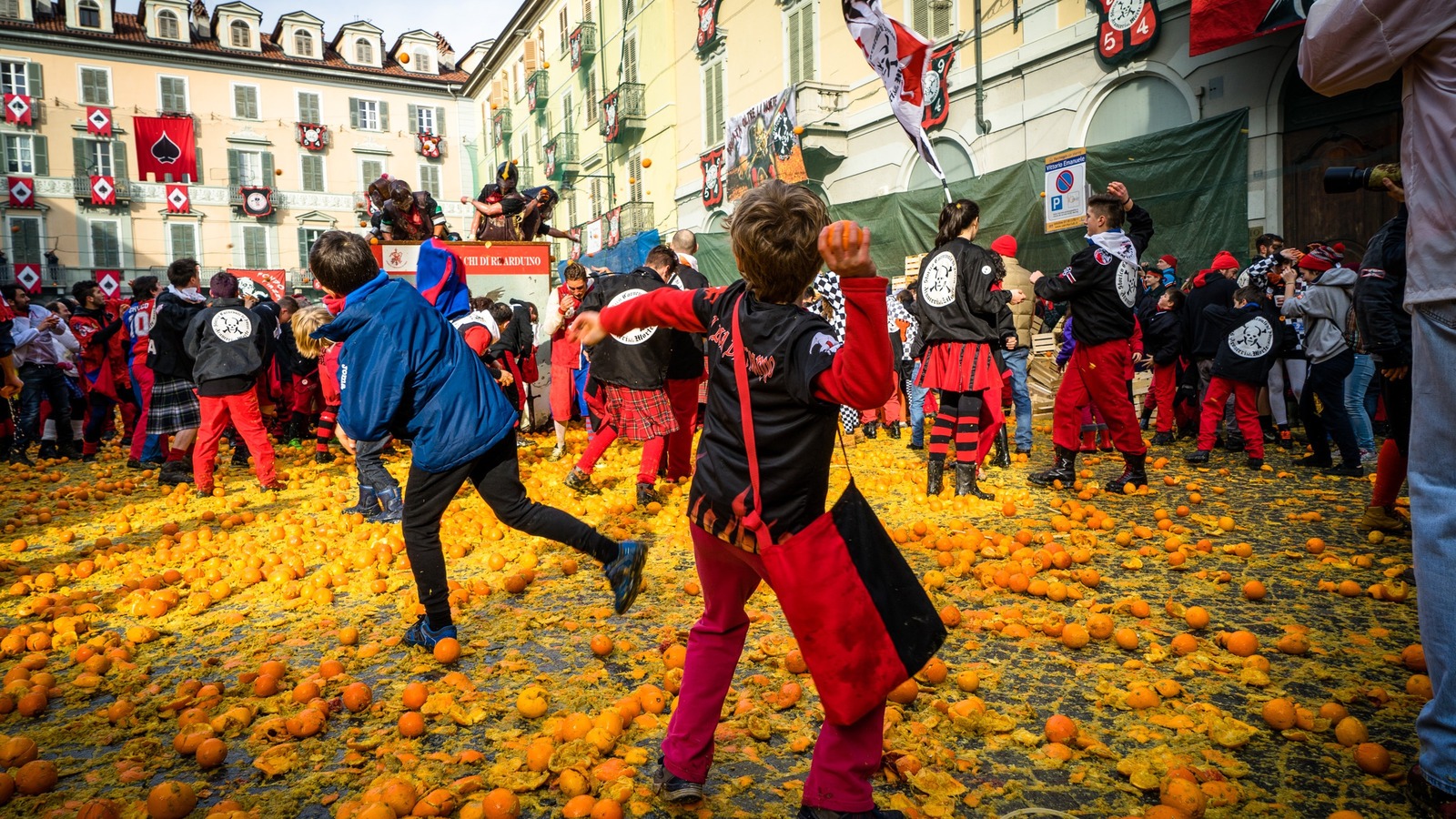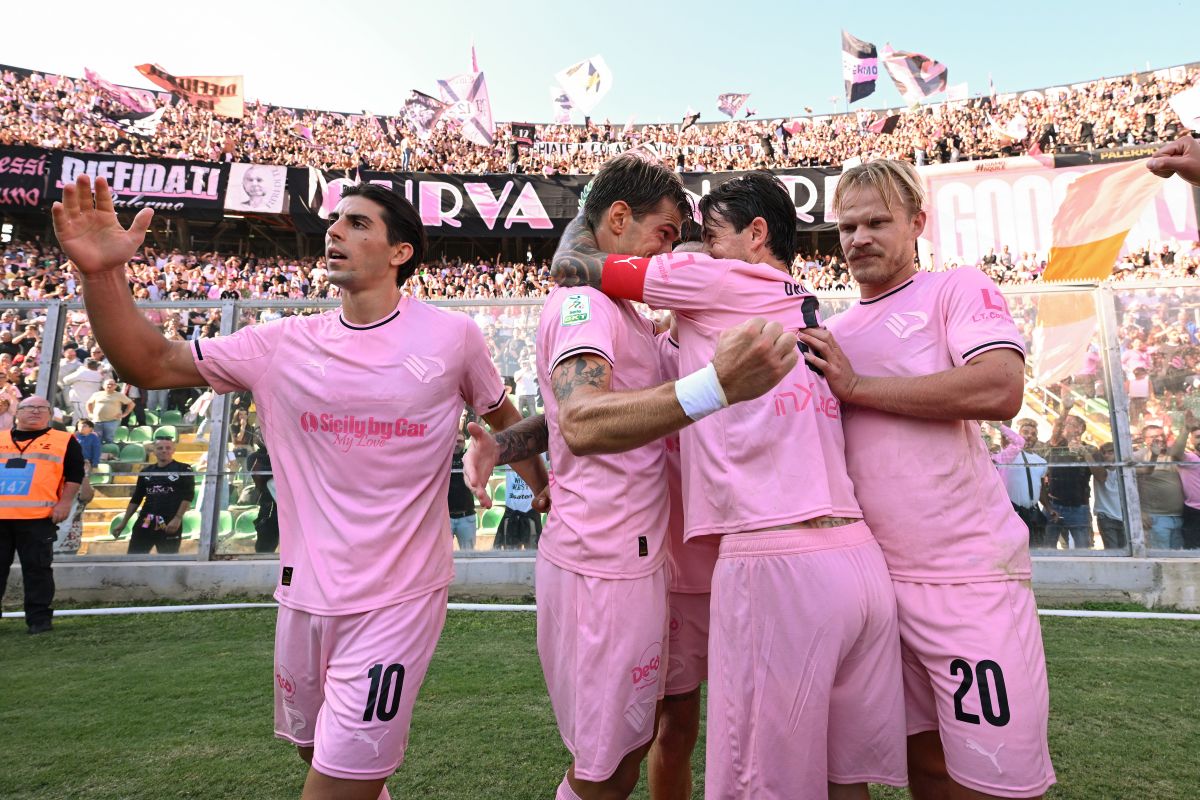
EXCLUSIVE: Arrigo Sacchi on reinventing football in Italy, his bond with Silvio Berlusconi and knocking back Diego Maradona
By Emmet Gates
Destination Calcio sat down with former AC Milan and Italy boss Arrigo Sacchi. In the first part of our exclusive chat, which took place on the legendary manager’s 79th birthday, he compared his all-conquering Milan side to the current crop at the San Siro, talked about his relationship with the late Silvio Berlusconi and revealed how Diego Maradona wanted him at Napoli…
Football was in a bit of a tactical funk by the late 1980s.
The ‘Total Football’ model the Dutch brought to worldwide fame in the mid-70s was well over a decade old, and in the intervening years tactics had failed to evolve.
Carlos Bilardo guided Argentina to the World Cup in Mexico with a 3-5-2 system that was, for the time, something of a rarity.
England was stuck in its 4-4-2 ways yet had dominated European football until the Heysel tragedy. The Spanish, meanwhile, were still in their brutal ‘Furia Roja’ era, light years away from the technical excellence they’d become renowned for.
Teams in Italy, meanwhile, all played the same way. Every side had a libero, a defender who would build the play from the back and a trequartista, the magic No10 who would make things happen further up the pitch.
The game, much like today, had become stale and needed a shot in the arm; someone to break the wheel and reinvent it.
Enter a former shoe salesman from Fusignano named Arrigo Sacchi.
After scrapping in the lower echelons of the Italian pyramid early in his coaching career, Sacchi joined AC Milan in the summer of 1987 and, for four glorious years, transformed the game. Sacchi’s 4-4-2 press shifted the paradigm and took football to levels not seen since Johan Cruyff and Rinus Michels.
One Scudetto, two consecutive European Cups and a tactical imprint so emulated that his side were considered the greatest in the modern history of the sport, until Pep Guardiola’s Barcelona came along at the tail-end of the 2000s.
On his 79th birthday no less and still recovering from recent heart surgery Sacchi was, perhaps owing to having had some birthday cake, in high spirits.
Given his association with Milan, the only place to start was with the current iteration of the Rossoneri.
This has largely been a season to forget for Sacchi’s old side. They have a Coppa Italia final to look forward to but are on their second manager of the season, were eliminated from the Champions League by Feyenoord, have no chance of competing for the top four in Serie A, and with the rancour between the fanbase and ownership growing, are a club who could not feel further away from the glory years of the Silvio Berlusconi era.
And this is where he believes the problem lies.
“We had a great president and great, reliable players who were also great people” says Sacchi. “I didn’t look at their feet, I looked at their head.
“We signed many players from Serie B and C, but we also signed two stars in [Ruud] Gullit and [Marco] Van Basten immediately.
“Van Basten unfortunately got injured and missed seven months of the season, yet we had a great team, young lads who gave everything they could.

“They were heroes.”
The Italian word ‘affidabili’, roughly translated to reliable, is one Sacchi repeatedly uses during the course of the interview. You get the impression he considers the current group of players, and the management, to be anything but.
A case in point is a story he tells about signing Carlo Ancelotti from Roma not long after he arrived in the summer of 1987.
“When I went to AC Milan, I wanted Ancelotti. Berlusconi told me, ‘Arrigo, he’s had a medical and our doctor is concerned by issues with his legs’.
“So I said to him, ‘Mr President, if we sign him, we’ll win the league’. And he immediately replied, ‘Consider it done’.
“Ancelotti was immense for Milan and has been a great manager. But first and foremost, he was a fantastic man.
“I had players who gave it all. When you have people like that, which the current Milan side doesn’t have, who give their all then you’re already a winner.”
Sacchi’s vision of football was the antithesis to what calcio stood for. When he joined Milan after minor success with Parma, he was attempting to swim against the tide, one man attempting to change an institutionalised ideology.
“The English thought as a team but an attacking one,” he says. “We Italians, on the other hand, changed to an individual and defensive one. So it was the opposite of how I thought.
“I tried to form a group of players who helped each other, who played with the team and for the team, all over the pitch, all of the time.
“For us, a game without winning on merit wasn’t a game. We wanted to dominate games.”

And dominate games they did. In his first season they put seven past Diego Maradona’s Napoli over two games, including a 4-1 demolition at San Siro in January 1988 that signalled Sacchi’s arrival as a force in the Italian game.
Yet the performance of Sacchi’s Milan was the now mythical 5-0 home win against Real Madrid in April 1989.
Goals from Ancelotti, Frank Rijkaard, Roberto Donadoni, Gullit and Van Basten capped off a watershed moment in the European game, a match that Sacchi later described as ‘art’.
“While the players were warming up, I spoke to the president who had noticed the Madrid players were shouting to psyche themselves up,” he recalls.
“He then said to me, ‘Mister, why aren’t our players shouting?’ I replied, ‘They’re shouting out of fear’ and so it proved because we scored after five minutes.
“They came to our house and we beat them 5-0, and the Madrid fans gave us a standing ovation.”
“We could beat a team that had Maradona and Careca – great players – by scoring four goals,” he said.
“Our president was competent and generous, but he wanted us committed, and to play well.”
Sacchi credits a lot of his success to Berlusconi, who kept faith in him when players were beginning to get agitated at repetitive training ground drills as results floundered in the early months of his reign.
“He asked if I needed anything and I said, ‘yes, a small intervention’. He held a meeting and said, ‘I have total confidence in Sacchi. Those who follow him will remain, those who don’t will go’.
“Everyone remained, we won Serie A and then the European Cup with football that was unknown in Italy.”
As the Italian game becomes more and more foreign-owned, with 11 clubs in Serie A under owners from places such as the United States to Canada and Romania to Indonesia, does Sacchi see a Berlusconi in the modern era?
“Unfortunately not. He fulfilled each of my wishes as a manager,” he laments. “I told him, ‘I want this player, this player and that player’. A lot of them came from Serie C, but he trusted me and signed them.”
Bar a brief interlude from Giovanni Trapattoni and Lothar Matthaus at Inter, the late 1980s in Italy was epitomised by two men: Sacchi and Maradona. The rivalry between Milan and Napoli was fierce, both sides striving for domestic supremacy.

Yet it could have been very different.
“Maradona called me twice to come to Napoli to coach him,” recalled Sacchi. “He said, ‘You and me together will always start every game two goals up’.
“But I told him I was good in Milan and I couldn’t go there. I couldn’t betray the club and so I didn’t go.”
In the end, the pair had to settle for being adversaries, but how would Sacchi prepare to cope with facing arguably the best player in the history of the game at the peak of his powers?
“Well, if we had the ball, then they wouldn’t,” he laughs. “Therefore we tried to keep the ball as much as possible.
“We knew that if we made even a tiny mistake, Maradona would punish us.”
Case in point was the first meeting between Sacchi and Maradona in that clash at the beginning of 1988.
“In that match we made a mistake because we were attacking with 11 men. Maradona was so smart at reading the game and he spotted the Napoli centre-forward was on-side and played a superb through ball in behind, which the striker [Careca] scored a volley from,” he recalls.
“It was totally against the run of play, as up until then we had dominated Napoli. I remember telling the players there was no need to panic and to keep doing what they had been doing.
“We must’ve hit the post three or four times, I can’t remember how many, and we scored four goals.”
How Sacchi would have managed a character as feisty, hedonistic and rebellious to tactical instruction as Maradona we will never know.
As history proved, Sacchi did not have the best of relationships with those who dared to challenge the system. His loathe of the No10, and everything the position represented in Italy, almost drove it to extinction as a consequence of his success at Milan.
His complicated relationship with Roberto Baggio during his stint as Azzurri boss perhaps gives us a clue as to how Sacchi and Maradona working together would have been a challenge.
Even Van Basten, who came around to Sacchi’s way of thinking after initial skepticism, eventually fell out with him. Today, the pair’s dynamic is tetchy at best.
The Sacchi effect on the Italian game was not positive: Baggio was pushed to the margins, unwanted by top sides but found love at Bologna. Gianfranco Zola was banished to Chelsea, both effectively outcast from the upper echelons of Serie A as everyone rushed to mimic the 4-4-2 press.
Roberto Mancini, an elegant genius of a player, wisely spent most of his career at Sampdoria and only went to Lazio at the age of 33 to play under Sven-Goran Eriksson, the coach he worked with for five years at Samp.
While No10s clung on for dear life, Sacchi’s rise killed off the libero. The role vanished from football by the middle of the 1990s never to return, save for Matthias Sammer’s swan-song at Euro 96 with Germany.
In Sacchi’s worldview, there was no room for artists. The system was king.
“Football isn’t a sport about individuals. It’s about players coming together to serve a system,” he says. Given the simmering backlash from fans at the current state of the game amid the stifling lack of player ingenuity, many would disagree.
Sacchi, by contrast and at odds with what most pundits and fans see, believes most teams these days “rely almost exclusively” on individual brilliance.
Perhaps Maradona would have been the one player, like Baggio for a short period, that Sacchi would have relented for.
Even now, he hates the idea of the soloist and believes the lack of structural cohesion has been an issue for the Italian game.

“Unfortunately, we’re individualists in all sectors,” he remarks. “In factories and football. We try to win even if it means cheating.
“Things are slowly improving now, but different teams approach football in different ways and that’s why the Nazionale is struggling. Because their players are strangers to each other.”
This last element is something Sacchi knows better than most, considering the difficulty he faced in his five, rollercoaster years as Azzurri boss.
Yet it is no surprise that considering how influential the Dutch model was in shaping his own ideology, Sacchi would like club sides in Italy to play in one uniform system, therefore helping the national side.
However there is a slight air of hypocrisy. When asked if there’s still room for creative players in the modern game, he replies: “Football is a game made by players.”
But only if players are subservient to the coach, of course. Tactical systems and football philosophy aside, the thing that shines through in the conversation with Sacchi is his enduring admiration for Berlusconi.
“I was very sorry when he died,” he says. “I think not only for football, but also Italy lost a great personality.
“He was a great president, a really great person, reliable.”
And there’s that word again, affidabili, the one characteristic Sacchi cherishes above all else.
Related Articles
Related Articles
Football rivalries, world-class sport, surreal carnivals, and a tradition you won’t find anywhere else. Five events to catch in February.
In the latest edition of My Town, My Team, Napoli fan Alex told us why everybody should visit Naples at least once.
Sampdoria against Palermo at the Stadio Luigi Ferraris is just one of the standout matches to be shown live on Destination Calcio TV.




